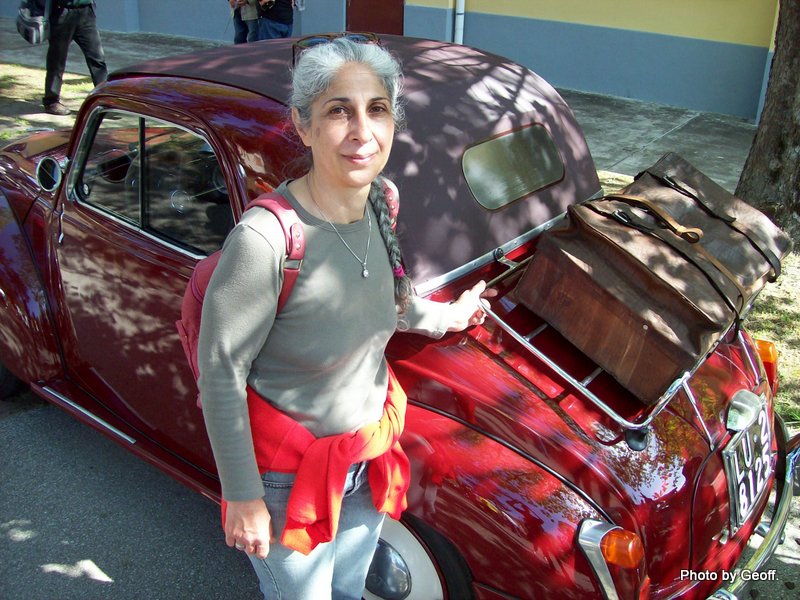Dal Finestrino Di Un Treno Posted by Serena on Jun 18, 2019 in Italian Language
Cosa c’è di più bello che guardare fuori dal finestrino di un treno e vedere il paesaggio cambiare lentamente? I wrote in my last blog. But why il finestrino, and not la finestra?
There are many confusing word variations such as this in the Italian language where in English we would use a single generic term. Furthermore, Italian diminutives and augmentatives often change not only the spelling, but also the gender. Let’s take windows and doors as two examples:
La Finestra = The Window
Il finestrino is the diminutive of la finestra, and its most common use is for vehicles windows such as cars, buses and trains:
Sull’autobus: “Scusi, può chiudere il finestrino? C’è corrente” = On the bus: “Excuse me, could you close the window? It’s draughty”
In macchina: “Che caldo … apri i finestrini!” = In the car: “It’s so hot … open the windows!”
La finestrella is another diminutive of la finestra, and is used to describe a small window in a building. N.B. in this case the gender doesn’t change:
In cucina c’è una finestrella su ciascun lato della porta = in the kitchen there is a small window to either side of the door
Il finestrone is the augmentative of finestra, and its most common use is to describe big windows in monumental buildings:
Michele ha un appartamento in un palazzo del Seicento con dei bei finestroni che guardano sul fiume = Michele has an apartment in a 17th century building with nice big windows that look out onto the river.
La Porta = The Door
Il portone is the augmentative of la porta, and is used for the entrance door to a large building such as a palazzo (block of flats/apartment block):
Il palazzo dove abita Giulia ha il portone verde = The apartment block where Julia lives has a green entrance door
Ti aspetto fuori dal portone del condominio = I’ll wait for you outside the condominium door
Il portoncino is the diminutive of portone, and describes a less important entrance door, such as a small door to a cellar:
Dopo la fiorista c’è un portoncino marrone, è la porta d’ingresso della cantina di Peter = After the florist there’s a small brown door, it’s the entrance to Peter’s cellar.
La portiera is the car door:
la portiera posteriore destra della nostra macchina è tutta graffiata = the back right hand side door of our car is all scratched
Lo sportello has several common uses: it describes a cabinet or wardrobe door, as well as a train or aircraft door. It’s also used for the counter in banks, post offices, ticket offices, and so on:
Hai dimenticato di chiudere lo sportello della credenza = You forgot to close the kitchen cupboard door
Sull’aereo: “I nostri sedili sono vicini allo sportello posteriore” = On the aircraft: “Our seats are near the rear door”
Stamattina all’ufficio postale c’erano solo due sportelli aperti = There were only two counters open at the post office this morning

Build vocabulary, practice pronunciation, and more with Transparent Language Online. Available anytime, anywhere, on any device.





Comments:
Mike Nicolucci:
Cari,
Ancora un’altro articolo molto utile e divertente.?
Grazie dal cuore.
Mike
Mitch:
Brilliant explanation.
In my mind I’m translating lo sportino as hatch.
Alex:
Please translate “…si apre alla roverscia!”
Thanks
Serena:
@Alex “…si apre alla roverscia!” = “…opens back to front”
Phil Page:
Roba interessante. Grazie.
Donna:
Molto utile, grazie.